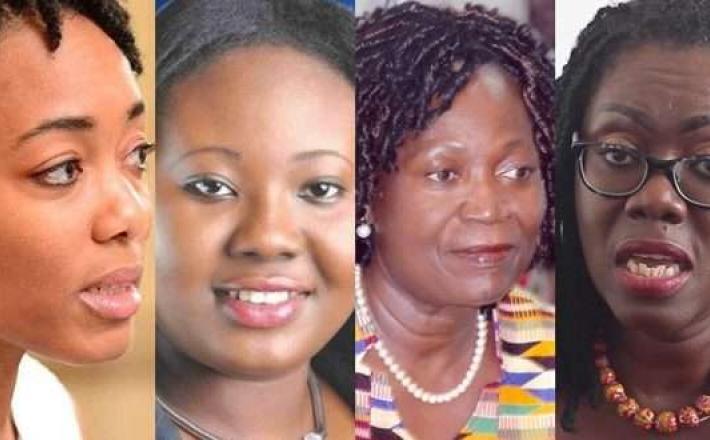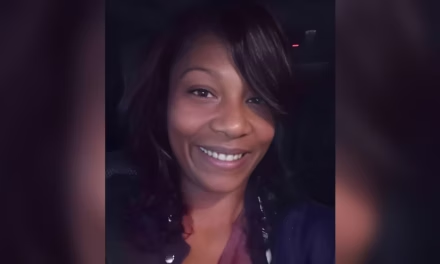Building a movement that’s reshaping the future of media and technology, African women are not merely participants in the technological revolution—they are leading it. From reshaping narratives in media to breaking barriers in technology, these women are redefining the digital landscape. Having spent over two decades in South Africa’s creative industry, I have had the privilege of witnessing, first-hand, how African women are driving this transformation. They are pushing the boundaries of possibility, amplifying voices once silenced, and creating a more inclusive and dynamic digital future.
This article celebrates the extraordinary achievements of these women and highlights the groundbreaking work they are doing in media and technology.
Breaking Barriers in Technology
In a field traditionally dominated by men, African women are boldly claiming their space. Across the continent, female pioneers are leading startups, developing apps, and creating platforms that address uniquely African challenges. Initiatives such as She Leads Africa, AkiraChix, and Women in Tech Africa are equipping women with the resources, skills, and networks they need to thrive in the digital economy.
One notable trailblazer is Andrea Djan-Krofa, Director and WiM Africa Ambassador for Women in Marketing Africa (WiMAfrica). Andrea has been part of the Women in Marketing network since its inception in 2004 and played a pivotal role in launching WiM Africa.
I had the honour of meeting her in 2018 while I was production managing the Loeries Awards. Andrea’s brilliance and grace left a lasting impression on me. Her work spans across Europe and Africa, and today, she runs a strategic marketing and branding consultancy, while also being a dedicated trainer and lecturer on Africa’s digital future. In Zambia, women are breaking new ground in technology, as seen in the women-led initiatives at BongoHive, Zambia’s first technology and innovation hub. Similarly, in the Democratic Republic of Congo, the AfriTech Hub nurtures young women through mentorship and digital training, preparing them for leadership roles in tech. In South Africa, innovators like Baratang Miya, founder of GirlHype, are empowering young girls through coding and robotics.
Reclaiming Media Narratives
For far too long, African women were either misrepresented or completely absent in media. Today, that is changing. We are reclaiming our stories, rewriting narratives, and redefining how we are perceived.
Leslie ‘Lee’ Kasumba, a media mogul and my sister-friend from high school, exemplifies this shift. Born in Cuba and raised in South Africa, Lee’s journey as a Ugandan radio and TV presenter, writer, and artist has been nothing short of extraordinary. She has graced platforms like YFM and Channel O Africa, where her show Harambe became a trailblazer for South African radio. Lee has interviewed icons such as Tony Blair, Missy Elliott, and the late Quincy Jones, and has spoken at the United Nations. Through platforms like She Speaks Africa and The Africa Whisperer, she is amplifying African women’s voices and championing their stories.
Her journey is but one among many. Writers such as Chimamanda Ngozi Adichie, whom I deeply admire, have opened new doors for African women to write and speak unapologetically about their experiences. Chimamanda’s works continue to inspire generations, challenging both African and global audiences with her compelling and authentic storytelling.
In South Africa, Thuso Mbedu and Mmabatho Montsho are using their platforms to challenge the status quo and bring attention to pressing issues. Thuso’s powerful performances, particularly in The Underground Railroad, bring to light the raw truths of African stories with a global impact. I met Mmabatho during our early twenties while acting on Generations.
Today, she uses her voice as a writer and director to explore themes of justice, identity, and Black womanhood, creating work that transcends boundaries and resonates with both local and international audiences.
Nomzamo Mbatha is another shining example. From her breakthrough roles in television and film to her impactful work as a UNHCR Goodwill Ambassador, Nomzamo uses her celebrity status to advocate for the voiceless—focusing on refugee rights, education, and gender equality.
The Power of Digital Activism
Social media has become a powerful tool for activism. African women have taken to digital platforms not only to share their stories but also to demand justice. Movements such as #EndSARS in Nigeria, #AmINext and #TotalShutDown in South Africa, are a testament to how digital spaces are becoming battlegrounds for visibility, solidarity, and resistance.
These movements connect African women globally, reshaping the narrative around power, justice, and equality. Through the use of hashtags, social media platforms, and podcasts, African women are carving out spaces for advocacy and mobilisation, demanding an end to systemic injustices that have long plagued our societies. We are witnessing the dawn of a new era where African women are not simply participants in media and technology—they are leading it. As more women rise in fields such as tech, media, and entrepreneurship, they are rewriting the rules and laying the groundwork for a more inclusive, just, and empowered future.
The digital space is where change happens, and African women are not waiting for permission to lead—they are doing it. It is now our collective responsibility to support, uplift, and protect these women. By funding their ventures, mentoring the next generation, and ensuring equal access to opportunities, we can help build a digital future that is as vibrant, diverse, and unapologetic as the women leading it.
We are no longer waiting for a seat at the table. We are building our own.






Fantastic and well-rounded writing!